 |
 |
| Tonya Loughead, PhD | Girish Shambu, PhD |
The College of Arts & Sciences colloquium will be held on Wednesday February 17 at 3:30 p.m. in Regis Room South. “Bresson and de Beauvoir: Existentialism, Work, Transcendence (A Short Seminar on Film and Philosophy)” is the topic of a presentation by Tonya Loughead, PhD, assistant professor, philosophy, and Girish Shambu, PhD, associate professor, management. All are welcome to attend.
Abstract: Hegel distinguishes ‘nature’ from ‘humanity’ by the ability to be oriented toward the future, to progress, and to gain in wisdom. De Beauvoir borrows his analysis and frames it with regards to the difference between men and women in contemporary society, claiming that women are expected to be closer to ‘nature’ in being oriented toward the present, with ‘no direct influence upon the future nor upon the world.’ Work, it turns out, is one of the main means by which humans are future-oriented, and, in Hegel’s terminology, transcending beings. Robert Bresson’s 1956 film, A Man Escaped, tells the story of Fontaine, a member of the French resistance in a Nazi prisoner-of-war camp. Rather than the passive existence we might expect of a prisoner – an existence simply oriented toward the present – Fontaine devotes every waking moment to thoughts, plans and actions of escape, which become his life’s work. Bresson renders Fontaine’s daily activities in painstaking detail, according the labors of work a respect and attention rarely seen in cinema. For Bresson, this future-oriented work, however difficult, dangerous or seemingly futile, is essential for humans to live as transcending beings.
Submitted by: Leonid Khinkis, PhD, interim dean, College of Arts & Sciences
